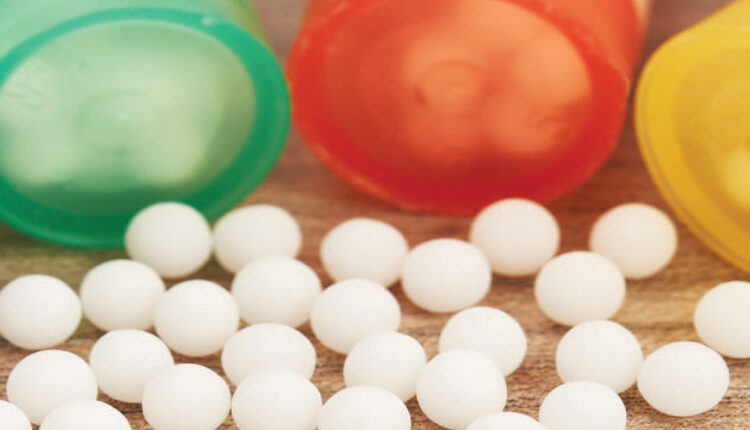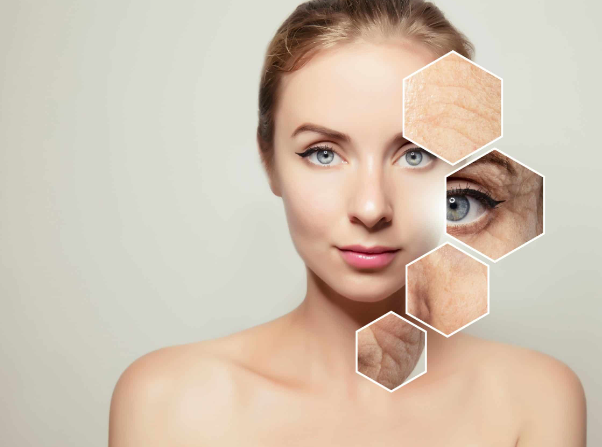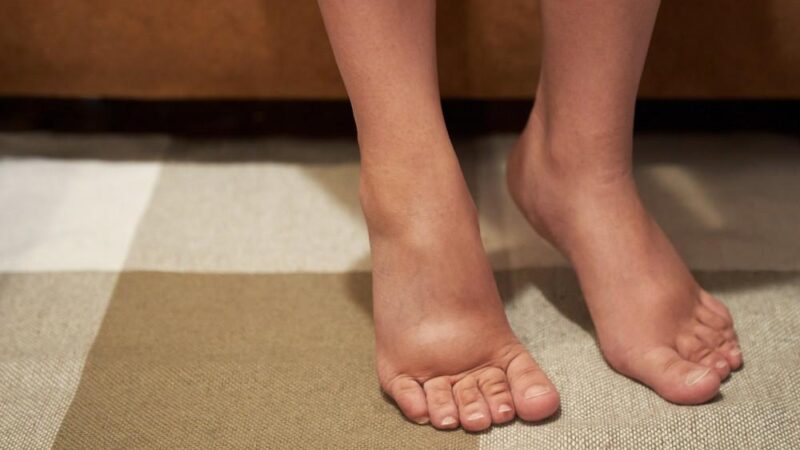Homeopathic Medicines in Holistic Dentistry: Types and Uses

Holistic dentistry emphasizes a comprehensive approach to oral health, considering the interconnectedness of proper oral health to general health. Aside from the established conventional methods of oral healthcare, including surgery and medication, holistic dentistry might employ homeopathic medications to treat similar and additional purposes to improve general health. This article discusses common types of homeopathic medications used by holistic dentists in San Juan Capistrano.
- Arnica Montana.
Arnica Montana is a common homeopathic medication used to reduce pain, inflammation, and swelling. A dentist may use this medication to reduce pain after oral operations, among them tooth extraction, dental implant insertion, or root canal procedure, decreasing post-operation pain and bruising in the process of speeding up recovery.
- Hypericum Perforatum.
Hypericum Perforatum, also called St. John’s wort, is highly recommended for relieving nerve pain and injury. With respect to dentistry, it helps to address the pain of nerves damaged or inflamed consistently with dental infections sensitive teeth, and nerves after dental procedures such as filling and critical injury pain.
- Coffea Cruda.
Though derived from coffee beans, Coffea Cruda is a homeopathic pain relief remedy that is primarily effective in providing relief following dental distress, especially in cases of severe toothache. It may prove effective where cold and touch accentuate the pain and where sleeplessness, anxiousness, and sensitivity to pain are high.
- Chamomilla.
Chamomilla, a product of a Chamomile plant, is a homeopathic remedy that addresses pain and inflammation. In dentistry, it’s prescribed for babies and children fretting from tooth growth and dental pain, tumors, and unbearable pain relieved by heat and rising.
- Calendula Officinalis.
Calendula officinalis is a common homeopathic treatment used for its antibacterial and anti-inflammatory properties. In dentistry, it is utilized to alleviate oral wounds, ulcers, and painful manifestations following oral surgery or procedures.
- Kreosotum
It is a homeopathic medicine procured from beechwood tar that is commonly employed in treating several dental problems, such as tooth decay, periodontitis, and oral ulceration. More specifically, as a remedy for toothache that entails gross pain and stinking of breath, bleeding gums, and more successfully, to assist in the mending of oral wounds to be taken when a homeopathic medicine is needed.
Homeopathic treatment is a scientific and holistic approach to managing dental care. Although it addresses pain, infection, and waivers, an individual visit to a homeopath dentist personalizes its utilization. A practitioner is likely to use a combination of solutions to provide gentle and effective remedies that reignite the body’s instruments while promoting general health.







